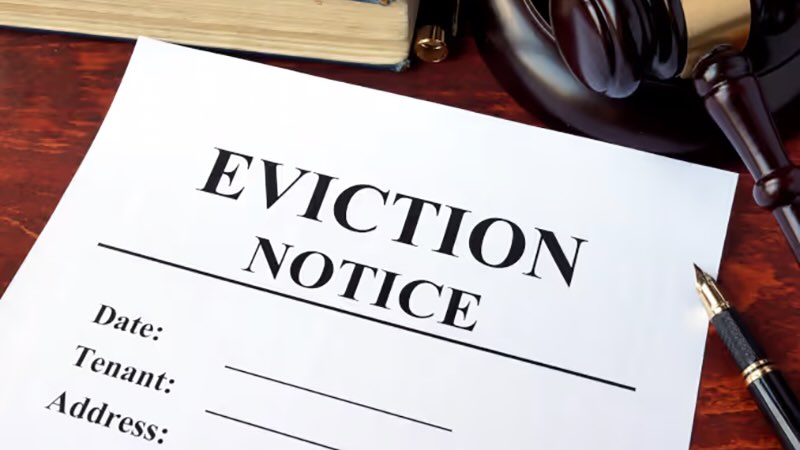The PRS should limit burdens on the taxpayer by funding local authority regulation, according to the Chartered Institute of Environmental Health (CIEH).
In written evidence submitted to a Commons select committee into housing conditions in England, the organisation warns that councils are already severely under-resourced and struggling to meet their enforcement burdens. It believes the Renters’ Rights Bill will generate more cases for officers to investigate which means “sustained and predictable” funding is needed to attract new staff and fund training.
CIEH says the Bill’s heavy reliance on civil penalty notices appears to assume this income will support a significant proportion of the cost of enforcement. “Most cases are resolved through informal action, so only a small proportion will result in punitive action through prosecutions or civil penalty notices,” it explains.
Database
Although the Bill allows for the new property database fees to be passed on to local authorities, it says the government should allow ombudsman fees to be used to fund the scheme’s enforcement costs.
It says: “Ombudsman and database registration fee income should be used to ensure the sector contributes much more towards the cost burdens associated with its regulation.”
Schemes
CIEH is calling for new laws to allow local authorities with selective licensing schemes to use licence conditions to improve housing conditions and to increase the maximum duration of additional HMO licensing schemes and selective licensing schemes from five to ten years.
The organisation also argues that neither the Decent Homes Standard nor Awaab’s Law will remove the need for local authorities to be able to use licence conditions to deal proactively with general disrepair in areas with poor housing conditions.

CIEH president Mark Elliott says: “We have raised a wide range of issues about housing regulation in our written and oral evidence and would urge the committee to consider these issues carefully.”















.avif)
.avif)





















Comments